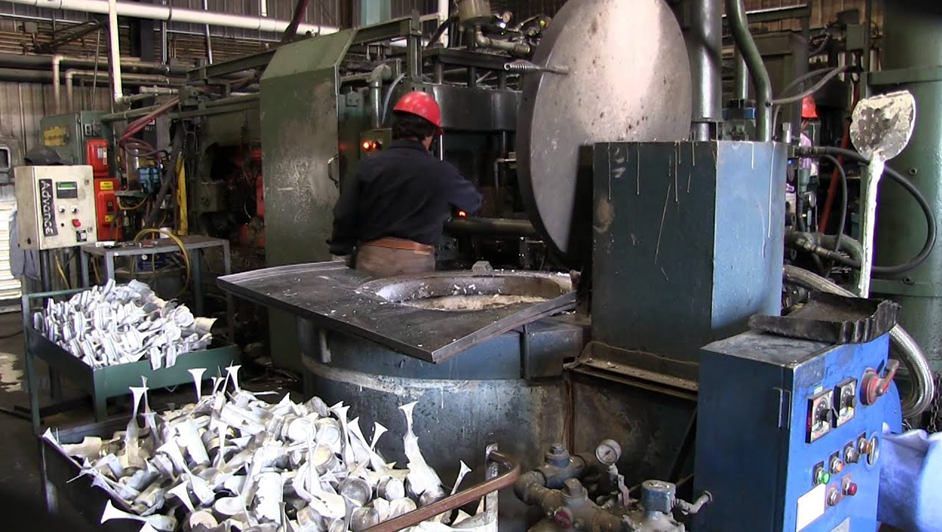Aluminum is a widely used metal due to its lightweight and corrosion-resistant properties. However, in certain applications, it is necessary to enhance these properties even further. This is where conversion coating comes into play. Conversion coating is a chemical treatment process that modifies the surface of aluminum to improve its performance and durability.
One popular type of conversion coating for aluminum is chromate conversion coating. This process involves immersing the aluminum in a solution containing chromate ions. The chromate ions react with the aluminum surface to form a thin layer of chromate conversion coating. This coating provides excellent corrosion resistance and also enhances the adhesion of subsequent coatings, such as paints or adhesives.
Chromate conversion coating offers several advantages for aluminum. Firstly, it provides a barrier against corrosion by forming a protective layer on the surface of the metal. This layer acts as a physical barrier, preventing moisture and other corrosive substances from reaching the aluminum substrate. Additionally, chromate conversion coating has self-healing properties, meaning that if the coating is scratched or damaged, it can repair itself over time, further protecting the aluminum from corrosion.

Another benefit of chromate conversion coating is its ability to improve the adhesion of other coatings, such as paints or adhesives. The chromate layer acts as a bonding agent, creating a strong bond between the aluminum substrate and the coating material. This enhances the overall performance and longevity of the coated aluminum.
In addition to chromate conversion coating, there are other types of conversion coatings available for aluminum. One example is phosphate conversion coating. This process involves treating the aluminum with a phosphoric acid solution, which reacts with the surface to form a thin layer of phosphate coating. Phosphate conversion coating provides good corrosion resistance and also enhances the adhesion of paint or other coatings.
Another type of conversion coating is anodizing. Anodizing involves immersing the aluminum in an electrolytic solution and passing an electric current through it. This creates an oxide layer on the surface of the aluminum, which can be further enhanced with the addition of dyes or sealants. Anodizing provides excellent corrosion resistance and can also improve the appearance of the aluminum by adding color.

Conversion coatings for aluminum have a wide range of applications. They are commonly used in the aerospace industry, where aluminum components are subjected to harsh environments and require superior corrosion protection. Conversion coatings are also used in the automotive industry, where they enhance the durability and aesthetics of aluminum parts. Additionally, they find applications in the construction industry, where aluminum is used for architectural purposes.
In conclusion, conversion coating is a chemical treatment process that modifies the surface of aluminum to enhance its performance and durability. Chromate conversion coating is one of the most popular types and offers excellent corrosion resistance and adhesion properties. Other types of conversion coatings, such as phosphate conversion coating and anodizing, are also widely used. These coatings find applications in various industries, including aerospace, automotive, and construction. Overall, conversion coatings play a crucial role in improving the properties of aluminum and expanding its range of applications.
-

- Integrisani točak sa 3 kraka za MTB sa CNC obradom i obradom površine
-

- OEM high pressure die casting magnesium alloy frame for bicycle
-

- CNC machining auto dashboard bracket
-

- OEM die-casted parts& components
-

- OEM die-casting components & parts
-

- Thixomolding parts & components cell phone middle board processed

 0086-750-5616188
0086-750-5616188 +86 13392089688
+86 13392089688 sales@zhongmei-tech.com
sales@zhongmei-tech.com







